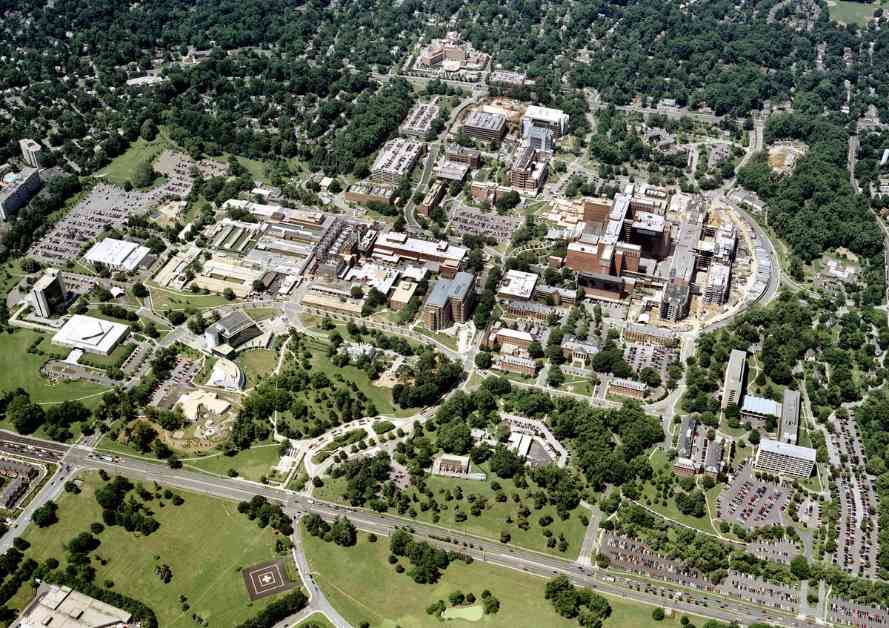The U.S. National Institutes of Health, located in Bethesda, Maryland, is facing potential changes in the near future. The Trump Administration has expressed interest in reforming the NIH and its $47 billion research portfolio. This could involve significant restructuring, such as reducing the number of institutes and centers or replacing staff members.
Recently, the NIH launched a series of meetings where an advisory group of agency insiders and external scientists will discuss these proposed reforms. There is a sense of urgency among stakeholders to determine the direction the NIH will take under the new administration. Jennifer Zeitzer, from the Federation of American Societies for Experimental Biology, notes that there are ongoing discussions in Congress about optimizing and reforming the NIH.
Proposals to reform the NIH have come from Republican members of Congress, such as representative Cathy McMorris Rodgers and senator Bill Cassidy. These proposals aim to increase transparency, improve oversight, and make the agency more efficient. If implemented, these changes would be the first major reform of the NIH in nearly 20 years.
However, there is concern among some experts about the potential impact of these reforms. Robert F. Kennedy Jr., who has been chosen to lead the U.S. Department of Health and Human Services, has expressed interest in shifting the focus of NIH research from infectious diseases to chronic diseases. This has raised alarms among researchers who believe that infectious diseases research is crucial for public health.
At a recent meeting of the NIH’s advisory committee, called the Scientific Management Review Board (SMRB), panel members discussed the proposed reforms. There is a sense of urgency to deliver recommendations before Congress takes action. NIH officials hope that the SMRB will be able to draft a report with recommendations by November 2025.
NIH director Monica Bertagnolli has expressed concerns about collapsing the number of institutes, as it could impact the agency’s ability to engage with the public. The SMRB will need to carefully consider the potential implications of these proposed reforms before making their recommendations.
Overall, the future of the NIH under the Trump Administration remains uncertain. There is a push for reform, but the specifics of these changes are still being debated. It is important for stakeholders to carefully consider the potential impact of these reforms on biomedical research and public health.




